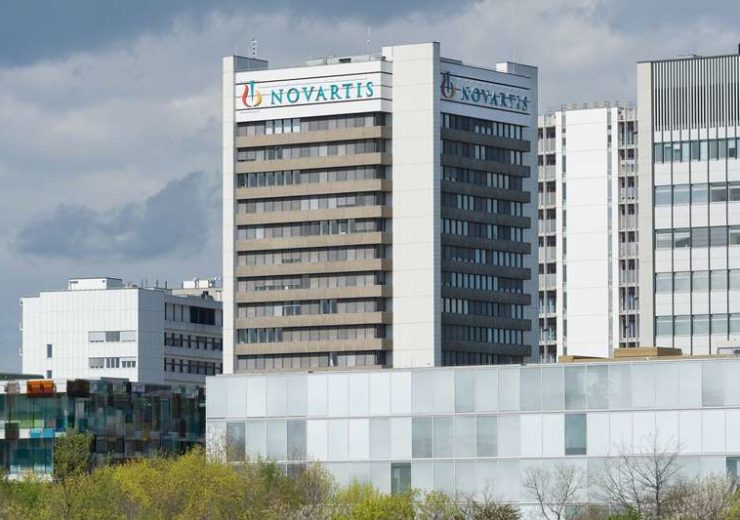Kymriah has been previously approved for pediatric and young adult acute lymphoblastic leukemia (ALL), and adult diffuse large B-cell lymphoma (DLBCL)

Novartis secures EU approval for Cosentyx to treat nr-axSpA. (Credit: Novartis AG.)
Novartis has secured the US Food and Drug Administration (FDA) regenerative medicine advanced therapy (RMAT) designation, with an investigational new indication for Kymriah (tisagenlecleucel) to treat relapsed or refractory (r/r)follicular lymphoma (FL).
The company said that its Kymriah is the first-ever FDA-approved CAR-T cell therapy, which has been previously approved for r/r pediatric and young adult acute lymphoblastic leukaemia (ALL), and r/r adult diffuse large B-cell lymphoma (DLBCL), and r/r FL becomes the third indication for Kymriah.
Novartis global drug development head John Tsai said: “This designation supports the advancement of Kymriah, which could potentially address an unmet need in certain patients with follicular lymphoma, as we strive to reimagine medicine at Novartis. These patients are often faced with the burden of several years of various treatments as their disease continues to progress.”
Kymriah may cause side effects including CRS or neurological toxicities
Follicular lymphoma is the second most common form of non-Hodgkins lymphoma (NHL), which is considered an incurable malignancy with a relapsing and remitting pattern.
Patients in the third or later line treatment for FL have various systemic therapies available. However, the efficacy of the treatment regimens will decrease with later lines.
Kymriah was developed in collaboration with the University of Pennsylvania Perelman School of Medicine, and alliance between industry and academia for the CAR-T research and development.
The drug may cause side effects, including severe or life-threatening, Cytokine Release Syndrome (CRS) or Neurological Toxicities.
In addition, patients with CRS may experience symptoms including difficulty breathing, fever, chills or shaking chills, severe nausea, vomiting and diarrhoea, severe muscle or joint pain, very low blood pressure, dizziness or lightheadedness.
Few commercial HIV tests may cause a false-positive test result in patients after receiving Kymriah, and are advised not to donate blood, organs, or tissues and cells for transplantation after receiving Kymriah.
